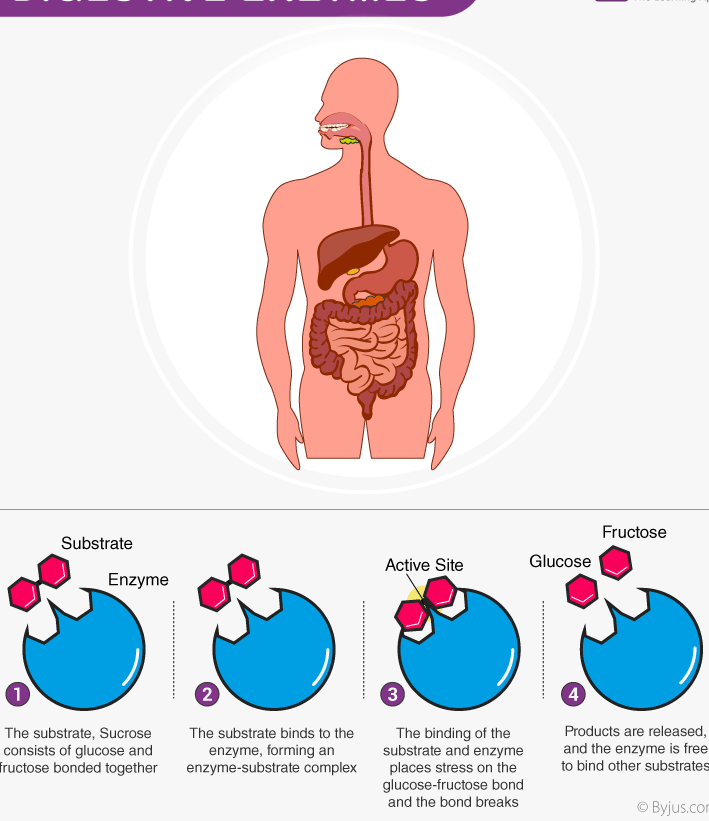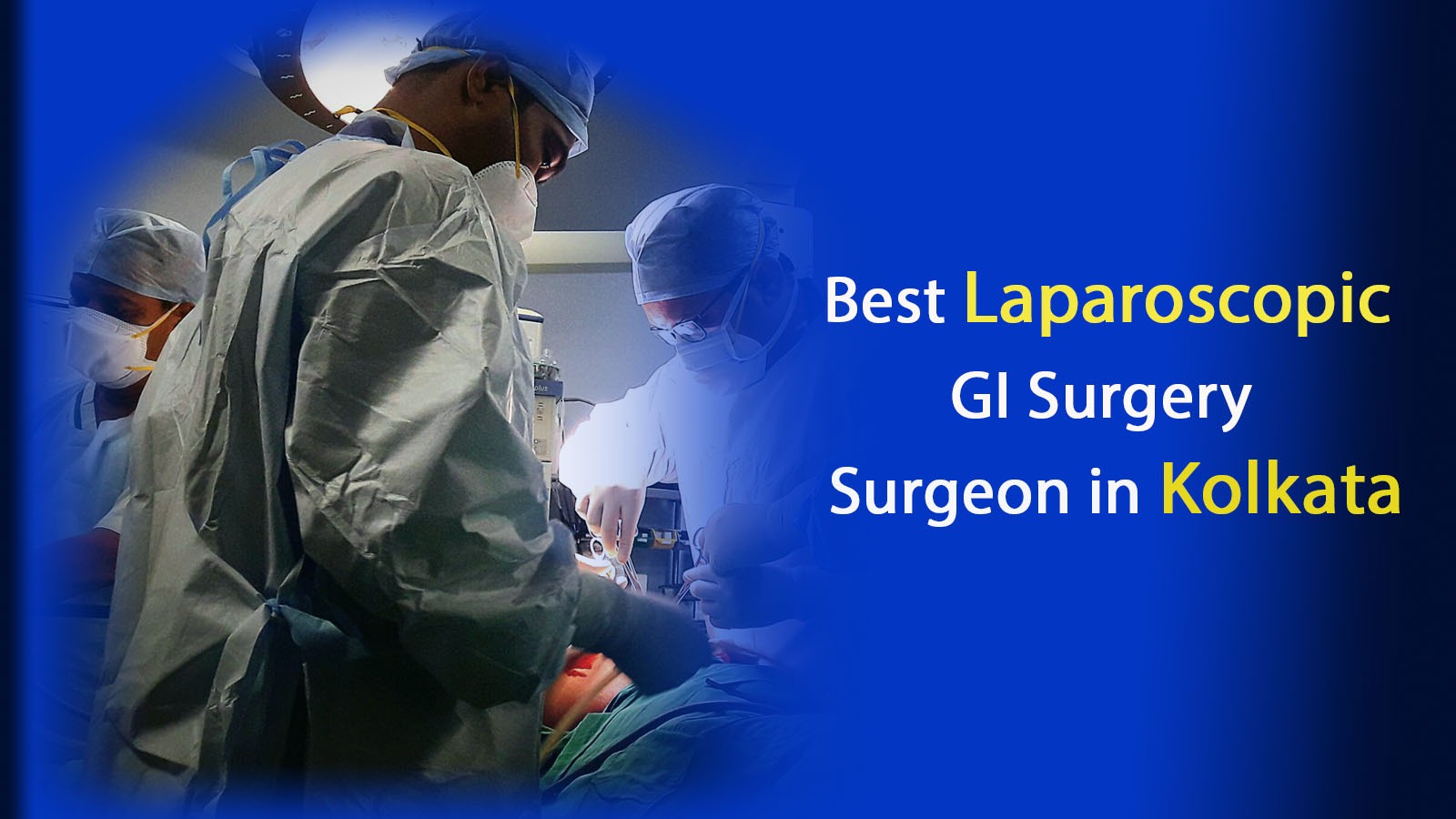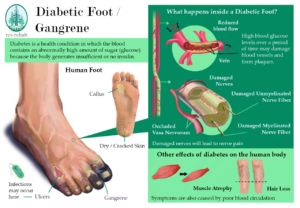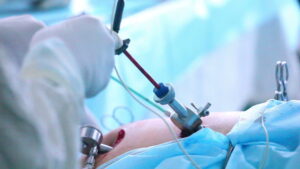Digestive enzymes are essential for the digestive process, playing a vital role in maintaining gallbladder health and overall digestive efficiency. In this exploration, we delve into the impact of digestive enzymes on gallbladder health, providing insights to help you prioritize digestive wellness and enhance your overall well-being.
Understanding Digestive Enzymes
Digestive enzymes are specialized proteins that help break down food into smaller, absorbable molecules. They are secreted throughout the digestive tract, from the mouth to the intestines. Each type of enzyme targets specific nutrients—such as carbohydrates, proteins, and fats—ensuring efficient digestion and absorption.
Digestive enzymes are indispensable to the digestive system, playing a crucial role in breaking down the food we consume into smaller, absorbable molecules. These enzymes are specialized proteins produced by various glands and organs within the digestive tract, including the salivary glands, stomach, pancreas, and small intestine. Each enzyme is tailored to target specific nutrients, ensuring that the body can efficiently extract the necessary nutrients for energy, growth, and cellular repair.

The process begins in the mouth, where salivary amylase starts breaking down carbohydrates into simpler sugars. As food moves to the stomach, proteases such as pepsin initiate the breakdown of proteins into amino acids. The pancreas plays a pivotal role by secreting a mixture of enzymes, including pancreatic amylase, lipase, and additional proteases, into the small intestine. These enzymes continue the breakdown of carbohydrates, fats, and proteins, respectively.
Lipase, for instance, is essential for emulsifying fats into fatty acids and glycerol, a critical step facilitated by bile from the gallbladder. This process not only aids in nutrient absorption but also prevents fat malabsorption issues. Additionally, brush border enzymes, located on the lining of the small intestine, further refine the breakdown process, ensuring that nutrients are small enough to be absorbed into the bloodstream.
Factors such as age, diet, and health conditions can affect the production and efficiency of digestive enzymes. As people age, enzyme production may decrease, leading to digestive discomforts like bloating or gas. A diet low in natural enzyme sources, like raw fruits and vegetables, may also necessitate supplementation to aid digestion. Understanding the functions and sources of digestive enzymes is essential for maintaining a healthy digestive system and overall well-being.
The Role of Digestive Enzymes in Gallbladder Health
The gallbladder, located beneath the liver, stores and concentrates bile produced by the liver. Bile aids in the digestion of fats, a process facilitated by digestive enzymes. Here’s how these enzymes contribute to gallbladder health:

Facilitating Fat Digestion
Bile, with the help of enzymes like lipase, emulsifies fats, breaking them down into smaller droplets. Lipase then digests these fats into fatty acids and glycerol, promoting nutrient absorption and preventing gallstone formation by ensuring optimal bile flow.
Supporting Bile Production and Flow
Certain digestive enzymes, known as choleretics, stimulate bile production and secretion. Adequate bile flow is crucial for eliminating toxins and waste products, promoting liver and gallbladder health.

Common Digestive Enzymes and Their Benefits
- Lipase: Breaks down dietary fats, supporting efficient fat digestion and reducing the risk of gallstone formation.
- Amylase: Digests carbohydrates, breaking down complex sugars into simpler forms, which supports balanced digestive function and reduces strain on the digestive system.
- Protease: Breaks down proteins into amino acids, aiding in muscle repair and hormone production, and reducing the burden on the gallbladder and liver.

Factors Affecting Digestive Enzyme Production
Several factors can influence enzyme production and activity, including:
- Age: Enzyme production may decrease with age, potentially leading to digestive discomfort.
- Dietary Habits: A diet low in natural enzyme-rich foods may require additional support through dietary supplements.
- Health Conditions: Conditions like pancreatic insufficiency or gallbladder disease can impair enzyme production, necessitating medical intervention.

Incorporating Digestive Enzymes into Your Wellness Routine
To support gallbladder health and digestive function, consider these strategies:
- Enzyme-Rich Foods: Include foods like pineapple, papaya, mango, and fermented vegetables in your diet to naturally boost enzyme intake.
- Supplementation: Consult your healthcare provider about digestive enzyme supplements, especially if you experience digestive issues or have a history of gallbladder problems.
- Balanced Diet: Eat a diet rich in fiber, healthy fats, lean proteins, and whole grains to support digestion and bile production.
- Hydration: Stay well-hydrated to maintain optimal bile flow and prevent complications related to dehydration.

Conclusion
Digestive enzymes are crucial for promoting gallbladder health by facilitating efficient digestion and nutrient absorption. By ensuring adequate enzyme production and activity, you can optimize digestive function, enhance overall well-being, and reduce the risk of digestive complications. If you’re interested in learning more about how digestive enzymes can benefit your health or want to explore personalized wellness strategies, contact us today.






Your blog post was a valuable resource that provided a fresh perspective on the subject. I appreciated the way you highlighted different viewpoints and encouraged critical thinking. To delve deeper into this subject, click here.